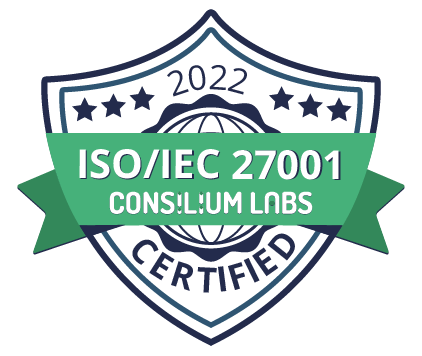The increasingly interconnected world no longer supports the belief that decision-making is best left in the hands of an enlightened elite. Sharing relevant enterprise-information across projects and/or departments engages workers and can improve performance. Leveraging available social media develops more robust channels of internal communications, opening access to wisdom of the crowd (WOTC) processes of collaborative decision-making, based on the group intelligence of the enterprise. Skillfully enacted, wisdom of crowds may:
- improve workplace motivation and job performance sufficiently to
- deliver timely and relevant contributions to your corporate-community.
Wisdom of the Crowd Decision-Making leads to improved corporate decisions
 WOTC contributions to corporate decision-making offer a diversity of opinion and independence of ideas that decentralize reliance on determinations of upper-echelon management alone. Coordinated aggregation of opinion can be improved when social media are appropriately applied to solution-processes to guarantee diversity of opinion, independence, decentralization, and aggregation.
WOTC contributions to corporate decision-making offer a diversity of opinion and independence of ideas that decentralize reliance on determinations of upper-echelon management alone. Coordinated aggregation of opinion can be improved when social media are appropriately applied to solution-processes to guarantee diversity of opinion, independence, decentralization, and aggregation.
Diversity of opinion: The multiplicity of voices assembled by WOTC distinguishes it from alternative decision-making processes. The often extreme difference of WOTC content originates from a wide-range of ideas, that can subsequently be analyzed to render a focus appropriate to organizational purposes. Social media provide a conduit for diversity of opinion. Rapid and valuable, they are accessible to workers throughout your organization, providing real-time retrieval of ideas about corporate issues from a variety of voices.
Independence: WTOC does not seek to generate 'crowd-psychology.' It wants autonomous decisions from unique responders, persons whose ideas are not influenced by the opinions of their compatriots within the firm. Evidence (Surowiecki, 2004) indicates differentiated-assemblies of corporate-personnel autonomously offering ideas can resolve certain issues more effectively than management alone. If appropriately instructed not to interact about the issues-in-question, social-media-deciders render their opinions in relative-detachment from others.
Decentralization & Aggregation: WOTC's shared-out quality encourages scattered personnel/departmental contributions to corporate decision-making in relative freedom. The decentralized development-process generates elaboration of aggregate-solutions, stemming from unique approaches to corporate-problems, combining diverse essentials from various contributor-solutions into a unified statement or strategy. Social media support interactive coordination of solutions once they have been proposed.
Surviving Wisdom-of-the-Crowd: Success requires management guidelines
Corporate-culture defines your firm's internal communications context. Advent and use of workplace social media has immeasurably expanded interactive discourse among workers themselves, and with management. As evidence (Surowiecki, 2004) has suggested, WOTC estimations can be remarkably accurate, and of use to decision-making processes. However, the need for focus remains, since WOTC often reflects an imprecise-generality of ideas, as personnel from separate departments speak to subjects • beyond their particular business-specialty or expertise.
Wisdom of Crowds can tremendously benefit decision-making in your organization, but tends to be successful only as part of a management-controlled process.
Guidelines and directives remain necessary for appropriate concentration on corporate priorities and strategic-development. Use of social media for WOTC-purposes needs to be regulated, precisely to limit their tweety/chatty aspects, which interfere with project-coordination. The WOTC-objective of social media is to unify the project and its decision-making processes.

Expert Choice helps organizations implement collaborative decision-making processes involving multiple stakeholders. If you find this blog useful, click here to subscribe to upcoming articles in the series; we'll notify you when they're published. Also, we invite comments detailing your observations of social media as a collaborative crowd-source tool.












